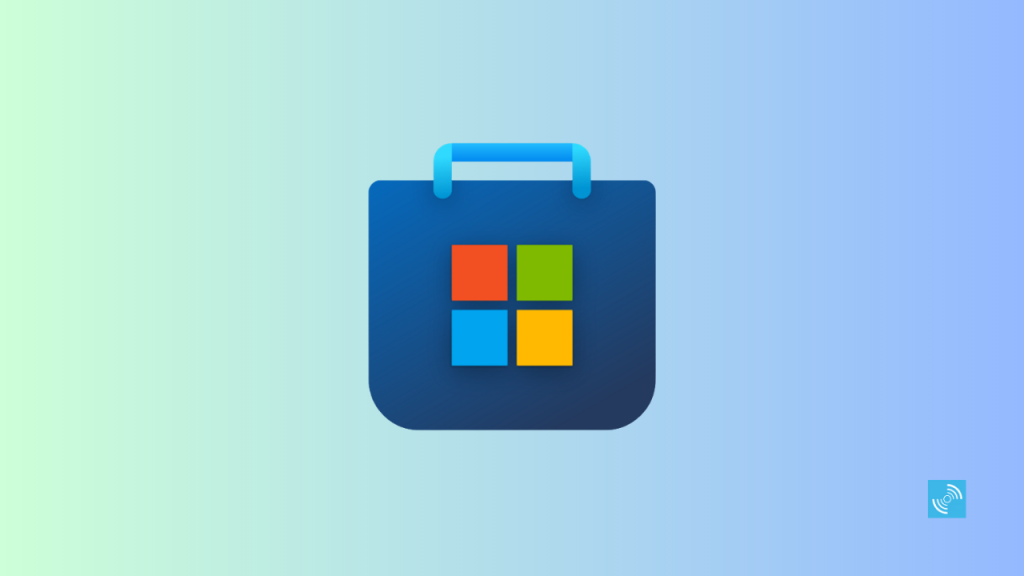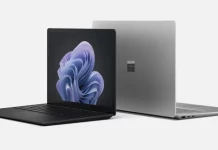Microsoft has recently taken a significant step in phasing out its Windows 10 Mobile platform by quietly shutting down the core functionalities of its Microsoft Store app store on this platform. This closure signifies the end of an era for Windows 10 Mobile and the classic generation of Windows Phone systems. The Lumia 950 series was the first to feature Windows 10 back in 2015.

Windows 10 Mobile App Store’s homepage is apparently not accessible
Users have reported that the store’s homepage is no longer accessible, and the pages designated for app downloads and updates fail to load correctly. Additionally, the app details page is experiencing intermittent issues. This decline in functionality follows Microsoft’s decision in December 2019 to end support for all Windows 10 Mobile devices, a move paralleled by the closure of the Windows Phone 8.1 store in the same period.
Despite the termination of device support, the Microsoft Store app store remained operational for a time. Microsoft had assured users that while the operating system would not receive further updates, the app store would continue to function, leaving the app and software support to the discretion of developers and OEMs.
An important feature of Windows 10 Mobile is its support for sideloading, allowing users to install applications outside of the Microsoft Store. This capability remains a vital alternative for users, especially in the wake of the store’s malfunction. Intriguingly, some users have reported that the store resumes normal function upon installing the latest offline package, suggesting a potential workaround for accessing the store’s services.
Microsoft has shifted its primary focus away from mobile platforms and is now concentrating on AI and the PC market. There have been rumors suggesting that the company is actively working on the development of Windows 12. Recently, Microsoft CEO Satya Nadella made a significant statement, acknowledging that discontinuing Windows Phone was a mistake.
Despite the PC market being a lucrative area for Microsoft, the mobile device market is still expanding and evolving, especially with the emergence of new products like foldable devices. Many smartphone companies joined the market relatively late but have achieved success through perseverance. While Microsoft entered the smartphone arena somewhat belatedly, it was during the early days of smartphones, and thus, missed out on this opportunity.
RELATED:
- Microsoft reverses course, plans to release standalone Office 2024
- Microsoft briefly restricted its employees from using ChatGPT due to security issues
- Microsoft to Give Xbox Game Makers the Power to Create Games Like Never Before
- Xiaomi 14 Pro vs iPhone 15 Pro: Specs Comparison
- Xiaomi 14 vs iPhone 15: Specs Comparison
- Best Baby Monitors of 2023: Wyze, Nanit, Eufy and more
(Via)







